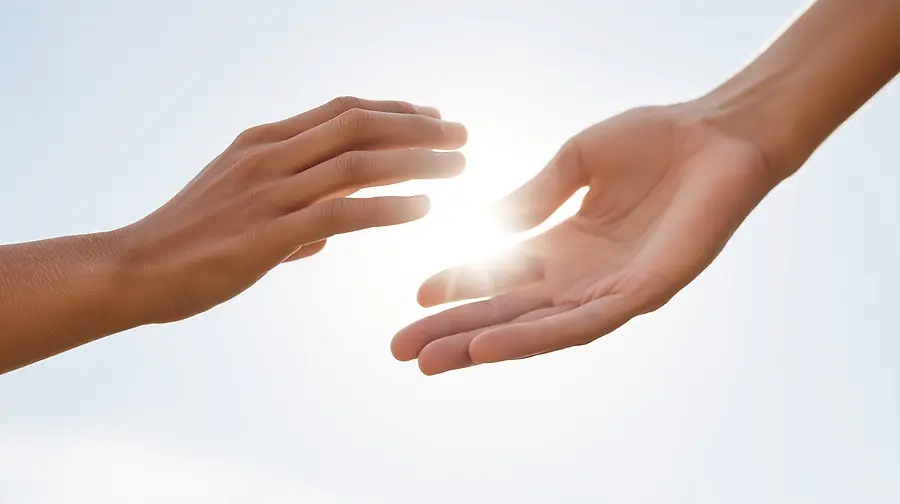The Power of Connection
Building Trust, Awareness, and Leadership Through Meaningful Connection

In a world that accelerates every day, parents, teachers, and therapists often ask: How can we strengthen relationships, improve communication, and help the next generation develop self-awareness, self-esteem, and leadership skills? This question has guided my life’s work.
Early in my career, while working as a diplomat with my husband at U.S. Embassies in Argentina and Mexico during periods of political tension, I experienced firsthand the vital importance of connection. Our role wasn’t just to gather information; it was to foster trust in environments where understanding could mean the difference between cooperation and conflict.
That experience shaped the rest of my journey. Driven by a desire to understand how people think, learn, and relate, I earned doctorates in Bilingual Special Education and Language, Reading, and Culture. Over more than 30 years as a professor, educational therapist, and now author of The Power of Connection and Ask, Don’t Tell, I developed a framework for recognizing social and cognitive differences—insights that help build trust quickly, resolve resistance, and uplift those around us.
Awareness: The First Step Toward Connection
True communication begins with awareness—of ourselves and of others. When we take the time to notice not only people’s words and actions but also our own reactions, we gain a deeper understanding of the factors that influence human interaction. This awareness allows us to identify the strengths and needs of everyone involved, fostering empathy and effective communication.
The next step is understanding how others process information and interpret nonverbal cues, often before they even hear our words. I call this the diagnostic approach to improving interactions. Once we recognize how perception shapes responses, we can apply strategies that build trust, encourage collaboration, and facilitate meaningful change.
Empowerment Through Understanding
What I find most rewarding is seeing how these ideas create a win-win dynamic: parents, teachers, and professionals feel empowered to communicate effectively, while those they support gain tools to succeed. I’ve witnessed this repeatedly—when people recognize their own and others’ unique strengths, their confidence grows. They become better listeners, collaborators, and leaders.
A Ripple Effect of Growth
Connection often begins with something as simple as eye contact—a gesture that says, “I see you. You matter.” When we celebrate others’ successes and acknowledge their individuality, we promote self-awareness and self-esteem. These qualities lay the foundation for confidence, which in turn encourages risk-taking, creative problem-solving, and ultimately, leadership.
Over time, this cycle of awareness, empowerment, and growth transforms relationships and communities. Instead of frustration and avoidance, we create opportunities for honest conversations where differences are appreciated and collaboration flourishes.
The Power of Connection—For All
At its core, The Power of Connection is more than just a book title—it’s a philosophy. It reminds us that understanding individual differences isn’t about dividing people; it’s about uniting them. When we listen deeply, observe carefully, and communicate intentionally, we don’t just change conversations—we transform lives.
Note: These concepts and strategies have been developed over the past forty years through my work as a professor, researcher, and in private practice. Inspired by numerous success stories and client requests, I authored my current book, The Power of Connection: Understanding Individual Differences to Uplift and Empower, currently available on Amazon.com.


